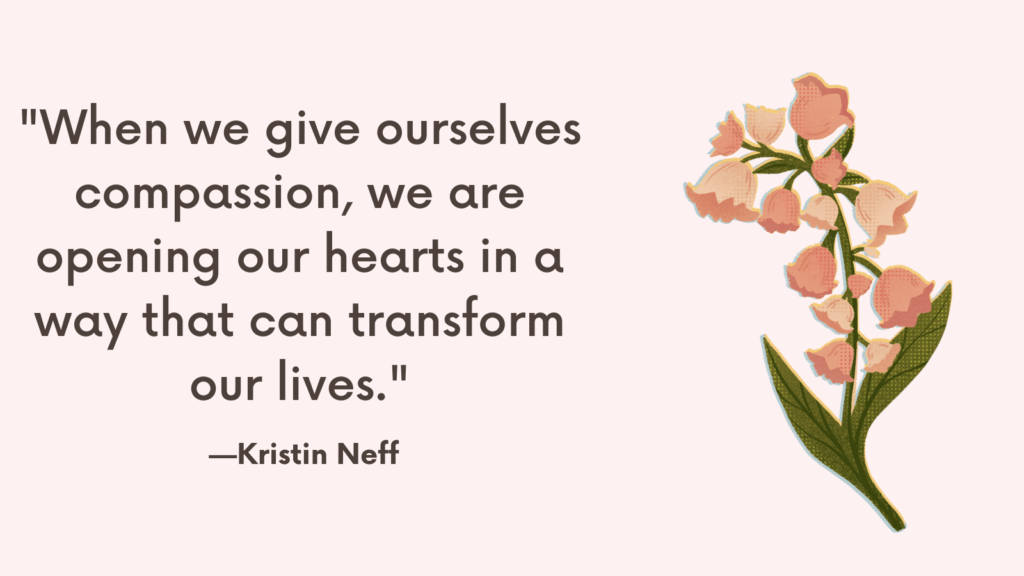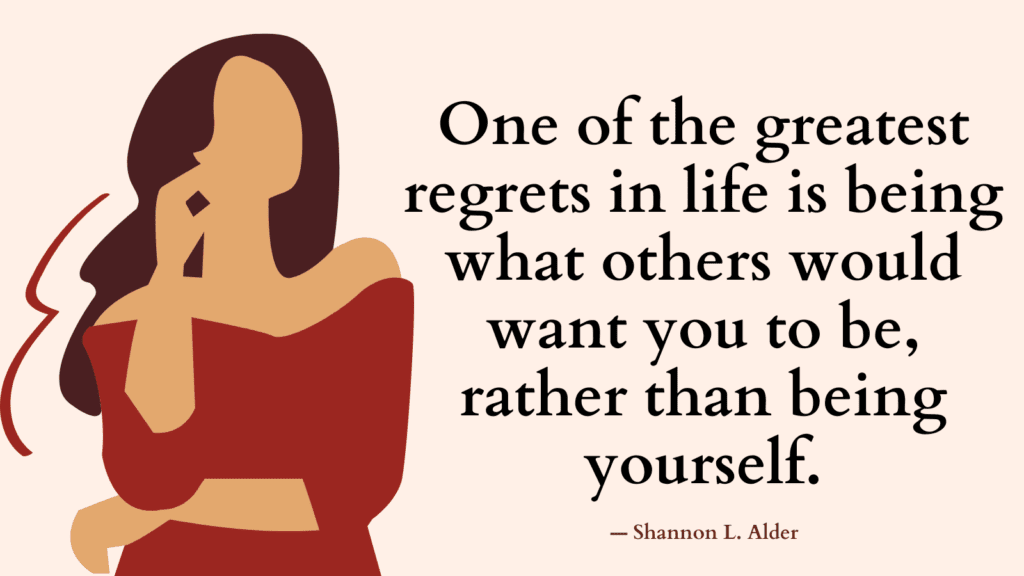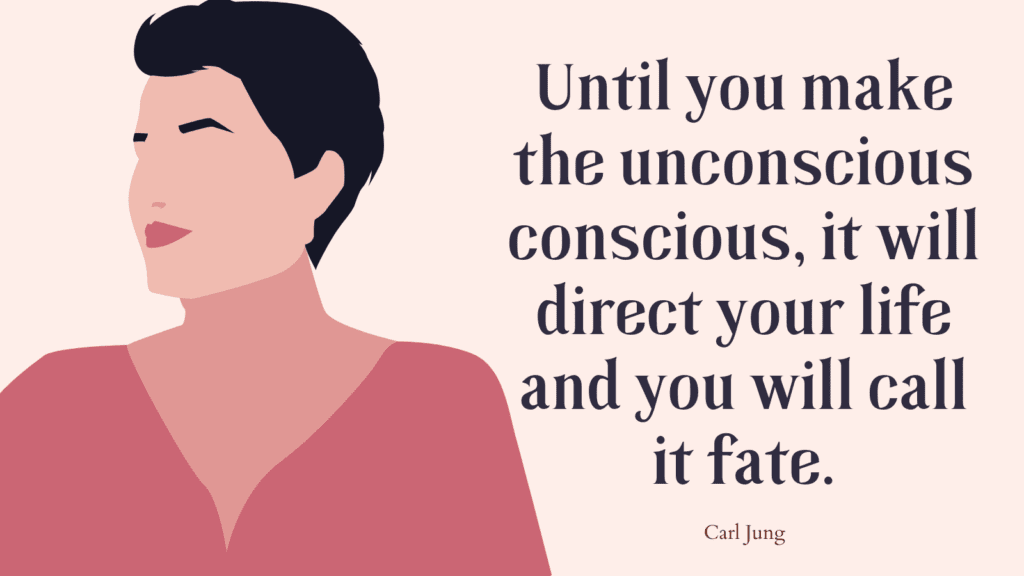Traditional therapy—built on Western, white, individualist frameworks—has often excluded, pathologized, or ignored the cultural identities, spiritual beliefs, and lived realities of people from marginalized communities. Decolonizing therapy means intentionally creating space for culture, ancestry, and identity within the healing process. It’s about restoring what colonization tried to erase: that mental health is not separate from community, history, or identity.
Here’s how therapy can begin to decolonize—and truly make space for the full human experience.
When Therapy Feels Like a Translation
For many people, especially those from historically marginalized or colonized communities, traditional talk therapy can feel like stepping into someone else’s house—one where you have to take off your cultural shoes at the door. Your beliefs may be misunderstood. Your family structures may be pathologized. Your spirituality may be dismissed. Therapy becomes something to survive, not somewhere to be seen.
Decolonizing therapy means changing that. It means shifting therapy from a one-size-fits-all clinical model to a space where your full identity is not only allowed—but respected, honored, and centered.
Colonial Roots in Mental Health
Psychology, as it is widely taught and practiced in the West, was built on colonial foundations. It was developed by white, Western men within systems that upheld whiteness as the norm and everyone else as the deviation. Cultural norms, grief rituals, communal coping strategies, and ancestral knowledge were often ignored or labeled as “irrational” or “primitive.”
Therapists were trained to treat individuals outside of any larger social or historical context—and that meant many people were being pathologized for normal reactions to injustice, displacement, or cultural dissonance.
Therapy Is Not Neutral
Therapy doesn’t happen in a vacuum. Every session carries the weight of personal history, power dynamics, cultural assumptions, and societal bias. When clients have to explain, justify, or defend their identity to be understood by their therapist, the space is no longer therapeutic—it’s extractive.
Decolonizing therapy means actively addressing those power dynamics. It means making the therapeutic space one where identity isn’t an “add-on” topic—it’s central to the work.
Related: How to Use Atomic Habits for Mental Health?
What Happens When Identity Is Silenced
When culture is left out of therapy, clients are asked to heal in fragments. A Muslim client may feel uncomfortable expressing their spirituality. An immigrant may be told to detach from their family to be “healthy.” A Black client may be misdiagnosed because their grief looks “too angry.” A Native client may find their traditional healing practices invalidated by clinical models.
This erasure isn’t benign. It reinforces the very systems of domination that many clients are trying to recover from.
Decolonizing Therapy: How to Make Space for Culture and Identity?
1. Honor Lived Experience as Expertise
Many clients from marginalized communities have internalized the idea that professionals know more than they do about their own mental health. Decolonizing therapy begins by flipping this narrative.
Therapists can ask:
- “How has your culture taught you to cope or heal?”
- “What do you already know about what you need?”
- “How can I honor the expertise of your lived experience here?”
This approach centers the client not just as someone with problems—but as someone with wisdom.
Related: Taking a Mental Leave of Absence: How to Prioritize your Mental Health?
2. Make Culture and Identity Part of the Intake and Ongoing Dialogue
In decolonized therapy, culture isn’t an afterthought. It’s a core part of the therapeutic process. Ask explicitly about race, gender, language, faith, family structure, and intergenerational trauma—not just in the intake form, but throughout the journey.
Questions to explore include:
- “What parts of your identity feel most present in this season of your life?”
- “What cultural expectations have shaped your view of healing or strength?”
- “Are there parts of your identity that you’ve had to hide, minimize, or defend?”
This creates a space where people don’t have to choose between healing and being fully themselves.
3. Validate Collective and Intergenerational Trauma
Colonization, migration, slavery, racism, and forced assimilation leave behind trauma that spans generations. Yet many therapy models focus only on the individual and the here-and-now.
Decolonizing therapy includes:
- Naming the impact of systemic oppression
- Making space for ancestral grief and historical loss
- Understanding symptoms (like hypervigilance or dissociation) as contextual, not just clinical
This expands the lens from “What’s wrong with you?” to “What happened to your people—and how are you surviving it?”
4. Center Spiritual, Communal, and Traditional Healing Practices
Many cultures heal not just through talk, but through ritual, music, prayer, movement, nature, and communal care. Decolonizing therapy respects these as legitimate tools—not as “alternative” or “supplemental.”
This might look like:
- Inviting clients to bring cultural or spiritual practices into session
- Validating the role of faith or ancestors in the healing process
- Collaborating with traditional healers, elders, or community supports when appropriate
Therapy doesn’t have to be a sterile, secular box. It can be a bridge between clinical care and cultural truth.
Related: How to Open Up in Therapy When You’re Not Used to Talking?
5. Disrupt Power Imbalances in the Therapeutic Relationship
Colonial systems taught us to defer to experts, obey authority, and distrust our own voice. That dynamic often gets recreated in therapy—especially when the therapist is seen as the one who holds the answers.
A decolonized approach asks:
- “How can we make this space feel co-created, not top-down?”
- “Do you feel comfortable giving me feedback about how this is going?”
- “Is this approach working for you, or is there something you’d rather try?”
This restores agency—and makes therapy a collaborative, liberating space.
6. Reflect on Your Own Positionality and Bias
For therapists, decolonizing is an ongoing practice of unlearning. That includes reflecting on your own identity, privilege, blind spots, and training.
Therapists should regularly ask themselves:
- “How might my worldview be limiting this client’s healing?”
- “Am I holding space for discomfort—or unconsciously centering whiteness, conformity, or emotional suppression?”
- “Whose voices shaped my training—and whose were left out?”
Decolonization starts with awareness—and grows through accountability and humility.
7. Broaden the Definition of Healing
Western therapy often equates healing with insight, emotional regulation, or behavioral change. But for many clients, healing also looks like restoring connection to culture, resisting oppression, reclaiming voice, and remembering who they are.
Encourage clients to define healing on their own terms:
- “What would healing look like for you—not just emotionally, but spiritually, culturally, and collectively?”
- “What does wholeness mean in your community or tradition?”
- “What are you trying to return to, not just move forward from?”
Let healing be expansive, rooted, and culturally defined.
Related: Top 100 Therapy Questions

Conclusion
Decolonizing therapy is not a trend—it’s a responsibility. It’s about transforming therapy from a space of assimilation and silence into one of reclamation and resonance. When therapy honors identity, history, and cultural voice, it becomes a tool not just for mental health—but for liberation.



